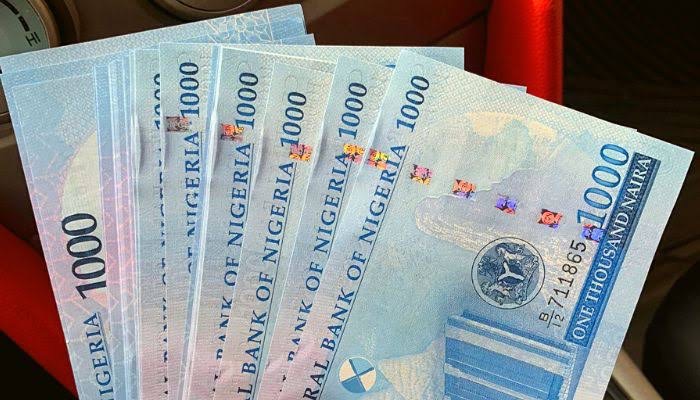Nigeria’s foreign exchange (FX) reserves reached its highest level in three months, at $33.58 billion, as the naira witnessed stability in recent weeks.
The reserves were last this high on March 28, at $33.82 billion, according to data from the Central Bank of Nigeria (CBN). The reserves then fluctuated and dipped to a low of $32.11 billion on April 19, causing concerns about Nigeria’s financial health.
However, there has been a positive trend in the last two months, with the reserves growing by $1.47 billion to reach N33.58 billion on June 19.
The naira has hovered N1480-N1490 in the past few weeks at the official exchange rate, averaging N1,481/$1 this month.

Yesterday the naira closed at N1,485.36, depreciating by 0.15 percent weaker than N1,483.02 quoted on Wednesday as the official data from the FMDQ Securities Exchange Limited, indicated.
The local currency steadied at N1,490 per dollar on the parallel market, popularly called the black market.
This is as the country recorded a loan of $2.25 billion from the world bank to support economic reforms and analyst.
Fitch Ratings, an International credit rating agency, has projected that the Nigerian currency, the naira, will end the year at 1,450. Also, Rand Merchant Bank in Lagos projects the naira to strengthen in the coming months as pressure from forward central bank foreign exchange contracts eases, after the market absorbs the equivalent of $1.3 billion in May.
Also data shows improved liquidity in the forex turnover with the average turnover for June to date at $199 million daily compared to $168 million in the same period in May. Total forex turnover in June is now $2.1 billion of trading in 11 days of trading.
Olaitan Ibrahim